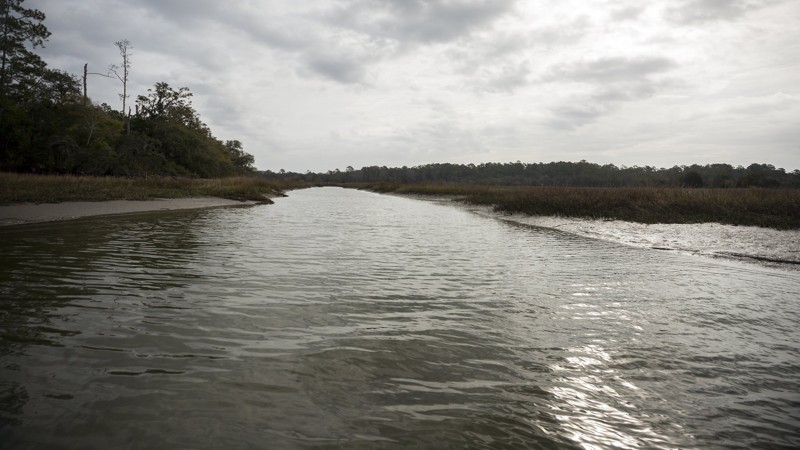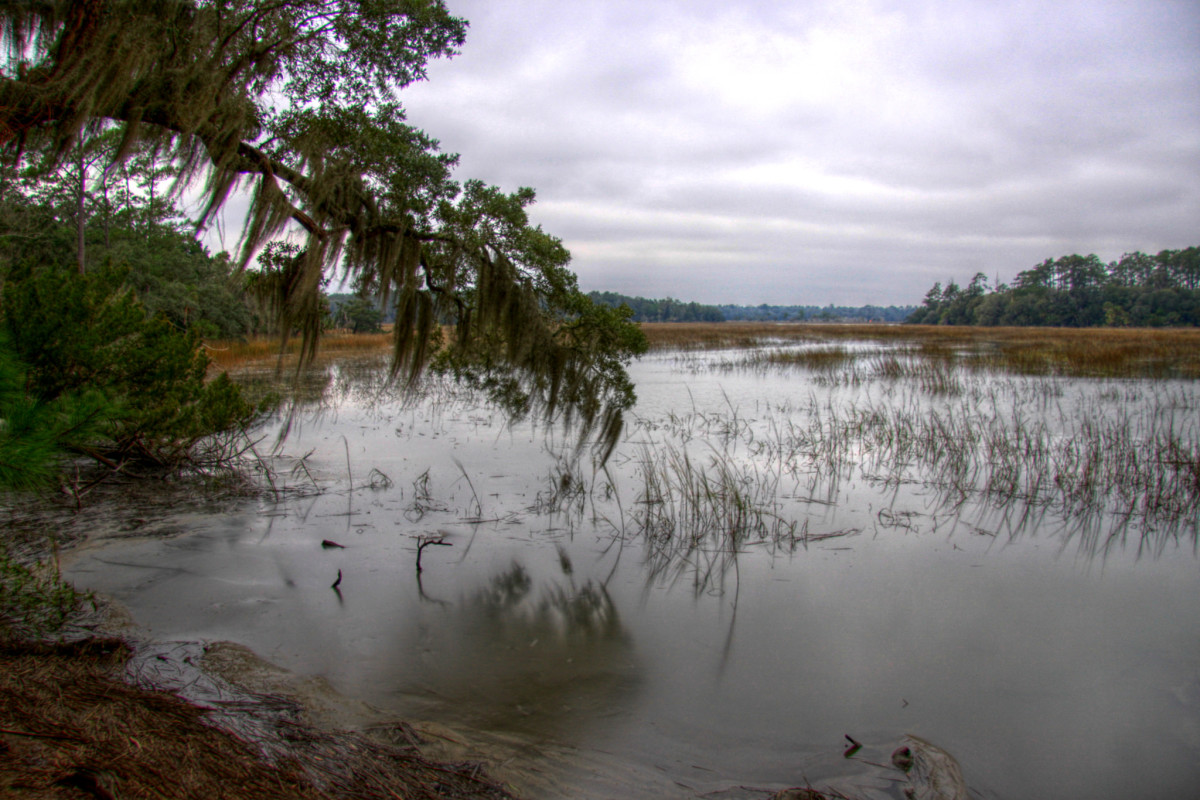Just outside Savannah, in one of the wealthiest places in the U.S., there’s an ugly token of Georgia’s history: “Runaway Negro Creek,” a tiny body of water on Skidaway Island where slaves may have once escaped their life of brutality and forced labor.
Since March, Georgia legislators have formally pushed for that area to be renamed “Freedom Creek.” The state’s Republican governor, Nathan Deal, signed an overwhelmingly supported resolution to begin the process to do so in May. And then, for several months, nothing happened.

State archive officials failed to send the petition to the federal government’s U.S. Board of Geographic Names — it’s not clear why — until the Atlanta Journal-Constitution noted in December that no further action had been taken. State officials finally relayed the petition on Dec. 21, and the Journal-Constitution reported Jan. 1 that researchers with the Board on Geographic Names had finally received it and could begin a process to change the creek’s name.
The board, currently affected by the partial government shutdown, will contract Chatham County officials, which control the area where the creek is located, and see if any nearby Native American tribes oppose the rulemaking. There likely won’t be any further ruling until the spring, according to the Journal-Constitution — nearly a year after state officials first voted to rename the shallow creek.
According to a 2011 report from the New York Times, the federal agency tasked with maintaining official names of streams, mountains, cities and civic buildings found more than 750 instances of the word “negro,” or a variation of it, in names across the United States. For example, Pennsylvania has long struggled to rename Negro Mountain, which trails into Maryland, so the name still stands. Requests for a name-change to the Board on Geographic Names were shot down after opposition from local government officials, Pennsylvania’s state naming authority, Maryland’s archives authority and Pennsylvania’s Department of Environmental Resources.
In Georgia, it’s believed that African-American slaves from the nearby Modena Plantation used to escape across the water to Union-occupied islands like Hilton Head or Fort Pulaski, according to the Atlanta Journal-Constitution. And, according to the paper, this might be the creek’s second name-change. There are references to a “Runaway N—er Creek” in late-1800s editions of the Savannah Morning News.
via VICE NEWS



